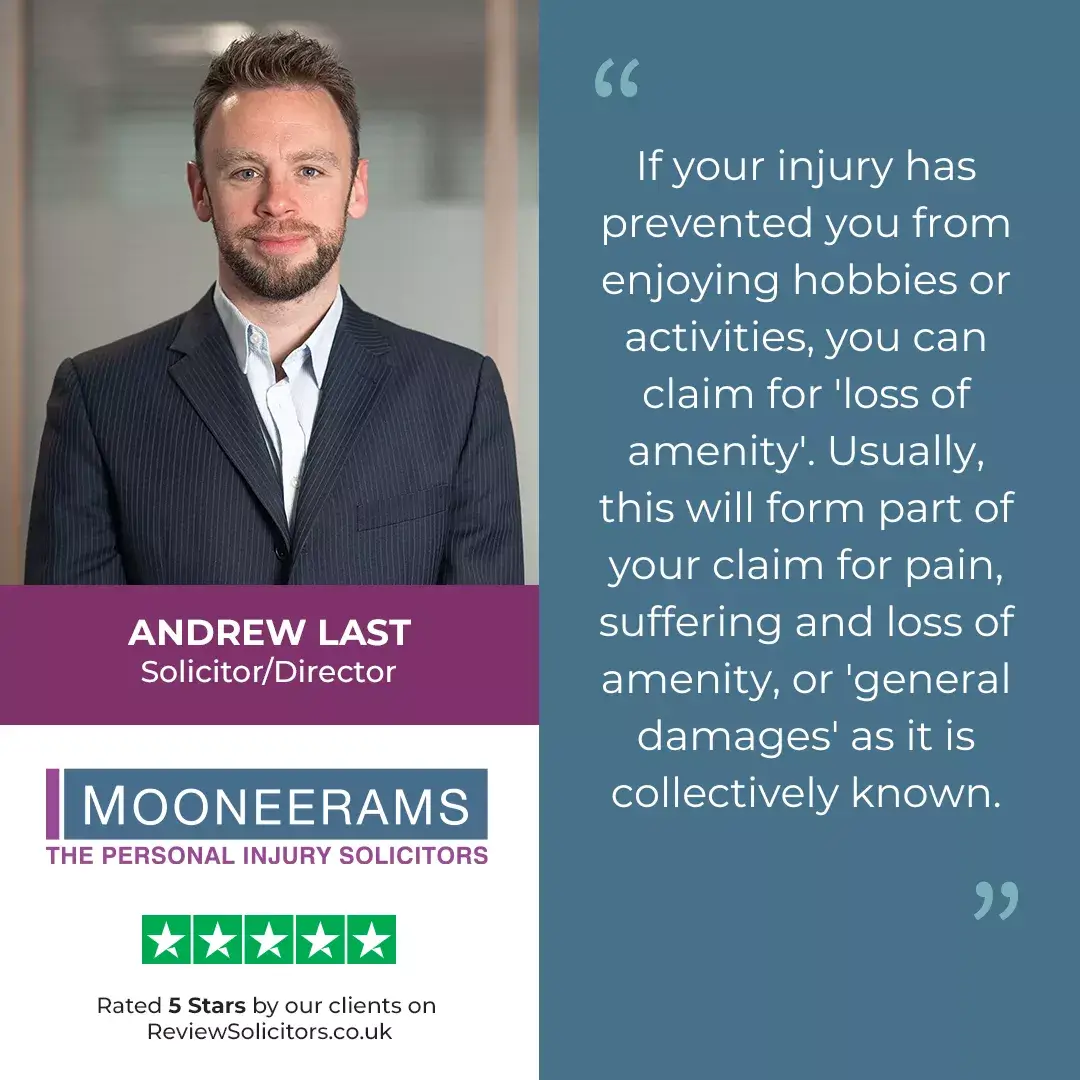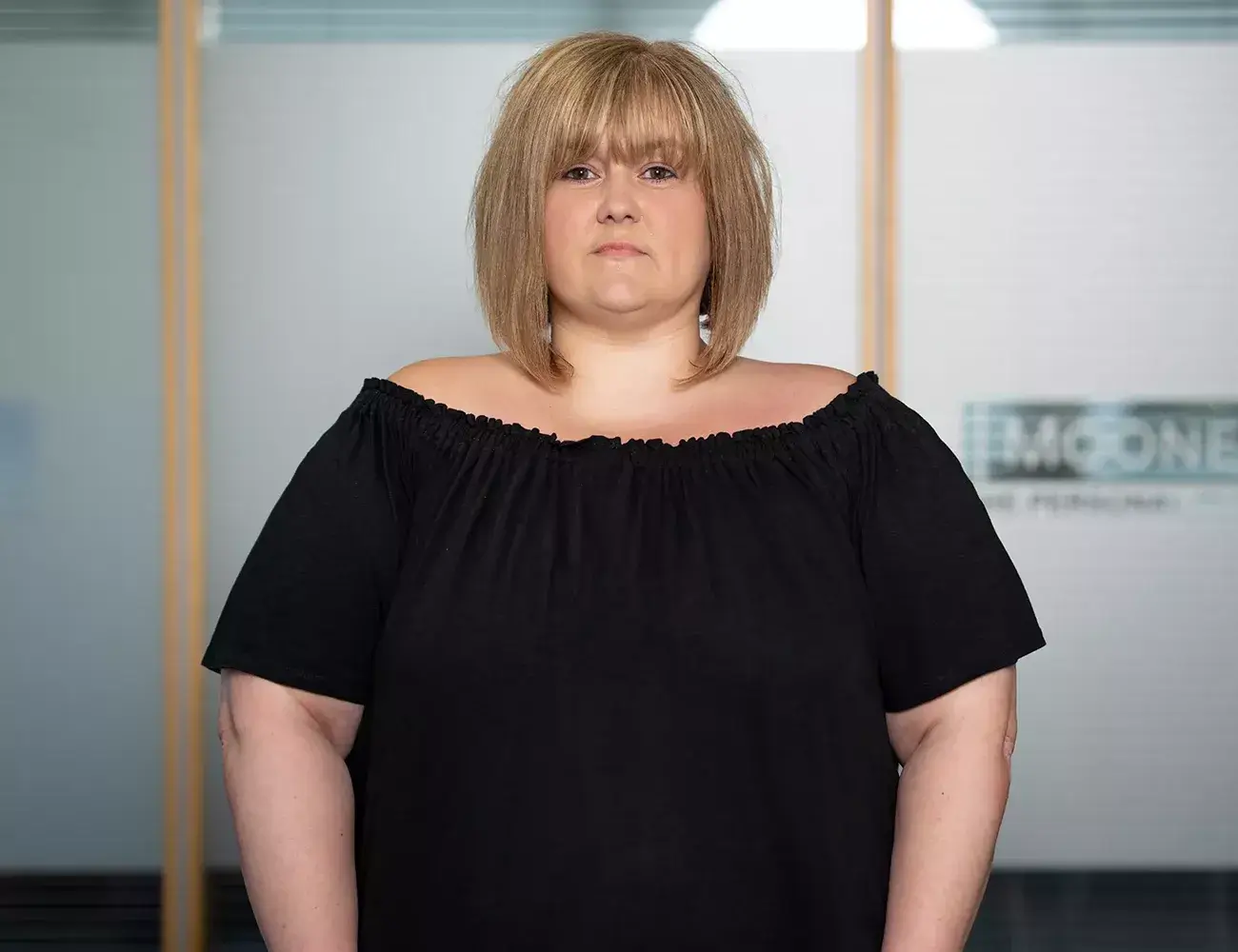Post Traumatic Stress Disorder (PTSD) Claims
Post Traumatic Stress Disorder (PTSD) is a severe mental health condition that can develop from witnessing or being involved in a traumatic event. A person who suffers PTSD due to an accident that was someone else’s fault might be eligible to claim compensation for psychological distress and associated physical symptoms.
On this page, we will look at what PTSD is and how it can develop after being involved in or witnessing a harrowing incident.
We’ll look at the types of events that could cause someone to develop PTSD. Thereafter we will go through the process involved in claiming compensation for PTSD; starting your claim, navigating the claims process, and finally, arriving at the settlement of your personal injury claim.
Understanding Post Traumatic Stress Disorder (PTSD)
What is PTSD?
PTSD is a mental health condition triggered by experiencing or witnessing a terrifying, stressful, or distressing event. It is an anxiety disorder and psychological injury. People with Post Traumatic Stress Disorder (PTSD) may display various symptoms. Some of these include flashbacks, nightmares, negative thinking, avoidance behaviour, self-harming and physical signs of stress.
At Mooneerams Solicitors, we are empathetic to the fact you may find it difficult to talk about the event that has led to a diagnosis of your condition. You may also find it hard to talk about your symptoms and everything else related to your PTSD. The NICE guidelines on Post Traumatic Street disorder explain the symptoms health professionals need to look out for in someone with PTSD.
We believe one of the reasons we were named Wales Personal Injury Team of the Year was because of the empathetic way we look after all our clients. This compassionate approach will be apparent from the first time you speak with one of our experienced injury lawyers.
You may call Mooneerams at any time on 029 2048 3615 without obligation and in complete confidence. If you prefer to contact us online, you can do so here or by filling in the form on the right-hand side of this page.
Causes of PTSD
A variety of traumatic events can lead to the development of PTSD. Some examples include:
- Serious accidents at work
- Witnessing or being involved in a road traffic accident: car accident, motorcycle accident, cycling accident or pedestrian accident.
- Violent crimes or assaults, including sexual assault.
- Natural disasters
- Terrorist attacks
- Military combat
Certain occupations may be at a higher risk of exposure to traumatic events (e.g., emergency responders, armed forces personnel, and journalists). However, PTSD can affect anyone who has experienced or witnessed a traumatic event.
Treatment for PTSD
Receiving appropriate treatment for PTSD is crucial for recovery. Treatment options include:
- Cognitive Behavioral Therapy (CBT)
- Eye Movement Desensitization and Reprocessing (EMDR)
- Group Therapy
Your personal injury solicitor can help arrange suitable treatment in conjunction with your medical experts, and you can claim for the cost of this treatment in your PTSD claim
Claiming Compensation for PTSD
Eligibility Criteria
To be eligible to claim compensation for PTSD, the following criteria must be met:
- You have been diagnosed with Post Traumatic Stress Disorder by a medical professional
- The PTSD has resulted from witnessing or being involved in an accident that wasn’t your fault
- The person, company or other organisation you believe to be responsible for the accident breached their duty of care to you, leading to the traumatic event in question
- The incident occurred within the last three years
What is a Duty of Care
In personal injury cases in Wales and England, the “duty of care” concept is crucial.
Duty of care refers to the legal obligation that individuals owe to others to avoid causing them harm or injury through their actions or omissions, i.e., through something they did or didn’t do.
Negligence is a breach of this duty, which leads to personal injury, and in the case of someone with PTSD, mental health issues.
To establish negligence, you must show a party to the accident breached their duty of care towards you and that this breach caused your injuries.
In personal injury cases and PTSD claims, the duty of care may arise in various settings, such as road accidents, medical negligence, or accidents at work.
Understanding the ‘duty of care’ theory is essential in personal injury cases. It helps a court to decide whether negligence (carelessness) has occurred and who is legally responsible for any resulting harm or injury.
Compensation Amounts
The amount of compensation awarded for a PTSD claim varies depending on the severity of the condition and its impact on the individual’s life.
Compensation can cover general damages (for pain, suffering, and loss of amenity or quality of life) and special damages (for financial losses, such as loss of earnings, medical expenses, and rehabilitation costs).
The Claims Process
Steps to Take After a Traumatic Event
If you believe you may have PTSD following a traumatic incident you were involved in or witnessed, seeking medical attention as soon as you think something might be wrong with your health is essential.
Doing this will ensure your symptoms are correctly assessed and treated. Your attendance record at your GPs surgery will provide helpful evidence to support your claim if you are subsequently diagnosed with post-traumatic stress disorder.
Contacting Personal Injury Solicitors
Maximising your chances of a successful PTSD claim requires the help of an experienced personal injury solicitor. Selecting the right firm is essential for your case.
Mooneerams Solicitors have a successful history of dealing with severe injury cases. These include claims of post-traumatic stress disorder (PTSD). The experts at Mooneerams will help you understand the complicated legal process.
With a policy of only handling personal injury claims for the injured victims of another person’s negligence, Mooneerams have been winning cases for the people of South Wales and further afield for over twenty years
No Win No Fee Basis
Most PTSD claims can be handled using a No Win No Fee agreement, which means you will not be required to pay any legal fees upfront. This arrangement allows you to pursue compensation without the financial burden of paying legal costs upfront.
Gathering Evidence
Your personal injury solicitor will help you gather evidence to support your PTSD claim. This may include:
- Obtaining your medical records from your GP will prove helpful when your solicitor asks a doctor who specialises in PTSD cases to provide a medical report on your PTSD. The report will support your claim for personal injury damages.
- Witness statements
- Accident reports
- Photographs or video footage of the incident or its aftermath
Negotiating a Settlement
Once sufficient evidence is obtained, your solicitor will present your claim to the party responsible for the accident. In reality, your solicitor will deal with either their insurance company or solicitors appointed by the insurers.
Your solicitor has to follow a set of procedures when pursuing your PTSD claim.
When all relevant medical and other evidence has been obtained and submitted to the other party, your solicitor will likely negotiate with the responsible party (typically your employer’s insurance company) to try and reach a fair settlement.
If a settlement cannot be agreed upon, your solicitor may advise taking the case to court. It’s worth remembering that 95% of personal injury cases are dealt with without ending up in court.
Litigation Friend
For individuals who are unable to manage their affairs due to their PTSD, a litigation friend may be appointed to act on their behalf during the claims process. This can be a family member, friend, or professional representative.
Mooneerams Solicitors: Expert Personal Injury Solicitors
Mooneerams Solicitors is a highly reputable, award-winning personal injury law firm based in Cardiff.
To learn more about how we can help or to schedule a free initial consultation, contact Mooneerams Solicitors today on 029 2048 3615.
Finally, it’s also important to point out:
- You may have sustained physical injuries in an accident that wasn’t your fault and PTSD. In that case, you can make a personal injury claim to get compensation for the physical injuries and your PTSD.
- Proving PTSD claims is not straightforward. PTSD is more than the usual type of stress associated with involvement in an accident. The burden of proof is high, but plenty of PTSD claims DO succeed.
Further Reading: 12 Things You should know about Making a PTSD Claim Against Your Employer






















